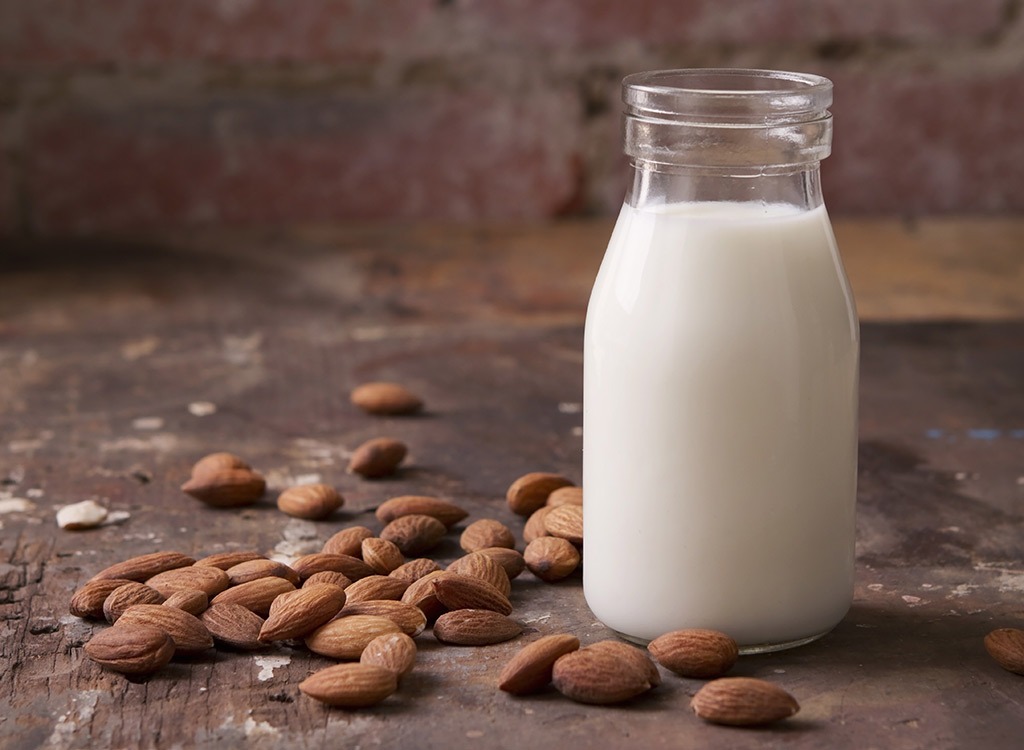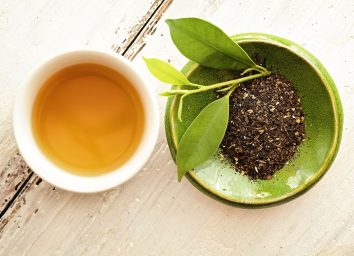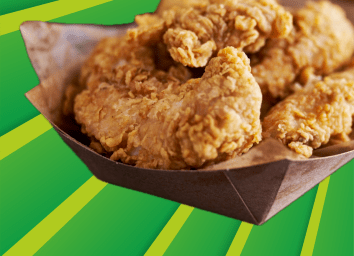What’s the Deal with Carrageenan?

It’s stringy, it’s salty, and it can be a bit smelly, which is why so many people are turned off by the idea of eating seaweed. But the funny things is, many of us are unknowingly eating the stuff on a regular basis—in the form of carrageenan.
After seaweed has been extracted from the ocean, dried, and ground into a fine powder, it becomes what we know as carrageenan. And unlike fresh iodine-rich, uber-healthy fresh seaweed, carrageenan has a different chemical structure—which means the body reacts to it differently. The ingredient has been around for centuries and was first discovered as a food thickener along the coasts Ireland. There, locals would boil it down and use the extracted material to transform their milk into thick pudding. Since then, the food industry has discovered multiple uses for the additive. Carrageenan can now be found in a range of products, including soup, infant formula, deli meat, and various beverages. “Very often, I use carrageenan in beverages,” explains Lisa Pitka, a food technologist with Mattson, a company that helps food manufacturers fine-tune their recipes. “It helps to keep product[s] thick and creamy and [keeps them] from becoming unappealing to the customer.”
While food manufacturers have been relying on carrageenan as a stabilizing and thickening agent since the 1970’s, backlash against the practice has only begun to grow in recent years—mostly because no one can seem to agree if it’s safe to consume. While the U.S. Food and Drug Administration, European Commission, and the World Health Organization give the additive the green light, some scientists and activist groups say otherwise.
A handful of studies have found that carrageenan can cause intestinal inflammation and gastrointestinal cancer in lab animals, and some researchers speculate the additive may play a role in the development of ulcerative colitis and diabetes. Despite the fact that no human studies have been able to replicate these findings (including a much-buzzed about study recently funded by the food industry), The National Organic Standards Board voted 10 to 3 to remove the controversial additive from the list of approved ingredients in organic foods. But this doesn’t mean the ingredient will definitely be nixed from organic or conventional fare. A final decision will be made by the United States Department of Agriculture (which has supported the use of carrageenan in the past) in November 2018. If they do happen to adopt the recommendation, the ban would take about two years to go into effect.
If it seems to you like there’s not strong evidence on either side of the argument, you’re absolutely correct. Which is why it can be so difficult to decide if avoiding the additive is necessary. And really, it comes down to personal choice.
“People who have a sensitive stomach or GI tract may be more sensitive to carrageenan,” cautions Alissa Rumsey, MS, RD, CSCS, spokesperson for the Academy of Nutrition and Dietetics. However, she notes that carrageenan is found mostly in processed and packaged foods—things that ideally should only make up only a small part of our diets. “If you are eating mainly whole, real foods, with just small amounts of processed or packaged foods, carrageenan should not be an issue,” Rumsey adds. Want to err on the side of caution anyway? Here’s how to nix carrageenan from your diet:
Scan Labels
If carrageenan is used in a food product, it legally must appear on a food label—which is great news! That means all it takes is a quick scan of the label to find out if something you’re interested in buying contains the ingredient.
Check The List
If the idea of reading a million and one labels at the grocery store makes your head spin, we totally get it. Instead, check out The Cornucopia Institute’s buying guide, which identifies organic foods made sans carrageenan. This way you can decide what you want to buy before you head to the store.
Consider What Else May Be Irritating Your Stomach
Oftentimes, we’re not just eating carrageenan-containing foods solo, so it can be hard to tell if they’re to blame for tummy troubles. If you notice stomach irritation after eating a meal that contains the additive, you may want to also consider what else is on your plate. “If it’s easy for you to avoid carrageenan, that’s fantastic,” says Miriam Jacobson, MS, RD, CDN. “But there are so many foods that are known to be inflammatory and corrosive to digestion like gluten and sugar that I usually recommend my clients consider the effects of these things first.” If after dialing back on the sweet and carby stuff you still find that your stomach gets upset from meals that contain a bit of carrageenan, you’ll know that’s the culprit—and it’s time to nix it from your diet.








